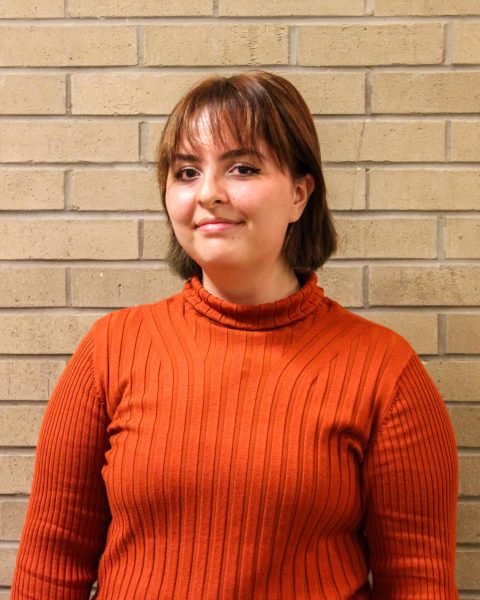Even more challenging than the language barrier was saying goodbye to Osnabrück.
In July, I went to Osnabrück, Germany, to participate in the Advanced Intensive German program. This six-credit-hour program, largely composed of USI students, brought us together with students from several different countries, such as Ecuador and England. The program allowed us to learn more about German culture through a buddy program, which paired us with Osnabrück University students and events that took place throughout the city. While we worked to improve our German in class and by working on projects, in our free time, we also had opportunities to explore Osnabrück and nearby cities. The program took us to Münster, Bremen, Bremerhaven and Berlin. Students also self-organized a day trip to Hamburg.
Although we had done our best beforehand to prepare, there was only so much we could do prior to our arrival. Arguably, the best piece of advice on how to prepare for the challenges inherent to studying abroad came from Timothy Rosignol, junior sociology and German major, who also went on the trip.
“Always try to get comfortable with being uncomfortable because you’re going to be uncomfortable for the rest of your life,” he said.
Rosignol described feeling discouraged after his first encounter with the language barrier when he had difficulties adjusting during his first week abroad and while trying to order food.
“It was rough at first, and then I remembered that philosophy of mine: You just have to go out and try,” Rosignol said. “You have to go out and do something. You can’t sit here and starve in your room, you have to go out and talk to people.”
Rosignol said anyone can study abroad.
“It does not matter what your major is, you can always do a summer program,” he said.
Studying abroad is also an option for non-traditional students. Bobbie Libbey, senior German and professional studies major, has fond memories of her first time studying abroad. After all, a high school foreign exchange program is how she met her husband. When the opportunity presented itself for her to study abroad again as an undergrad, she thought, “It was now or never.”
Early on in the process, before she even applied, Libbey encountered some challenges. Since her first trip as an exchange student, she had gotten married and had children. Libbey discussed this with Silvia Rode, assistant dean of the College of Liberal Arts and professor of German.
“Well, I have a family, I can’t disappear for five weeks,” Libbey said. “And she said, ‘Bring them with you.’ A light bulb went off. I mean, I had never considered that.”
Although some tailoring to her study abroad experience had to be done for this to work, she found organizing it was easier than expected. Her family rented an Airbnb for the month while the other students were placed in homestays and flat-shares. They also had to find ways to keep their children entertained when she had classes. Libbey noted that with enough time in advance, children can also be enrolled in summer camps and language classes.
When discussing who would be best suited for studying abroad, Libbey mentions the timing of studying abroad, which is a common concern. Students may have a desire to study abroad but might feel that it does not work with their schedules. Libbey has found that things only become more complicated later in life because there are more responsibilities and people to plan around.
“Anybody who can figure out a way to do it should do it,” she said. “The five weeks go by very quickly, which everybody at the end of the program realized. But in reality, a semester goes by just as quickly and even a year in the scope of it. Fast forward 20 years, a year is nothing.”
Before studying abroad, I had never considered myself to be a very adventurous person, but this trip encouraged me to grow outside of my comfort zone. For starters, I flew to Europe and traveled across Germany by train on my own. Despite being afraid of falling from high places, my friends convinced me to go to an aerial adventure park. When I first climbed onto the slackline — the small one that is only a couple of feet off of the ground — they use to safely teach you how to go through the course, I was so nervous I could not keep the line from shaking.
Eventually, I managed to go on courses that were 20-30 feet off the ground and on ziplines. If I had not taken that first daunting step of applying to this program, I would not have had the opportunity to go on any of the adventures that came after. Even though there are some adventures I have no desire to repeat, they were still worth experiencing.




